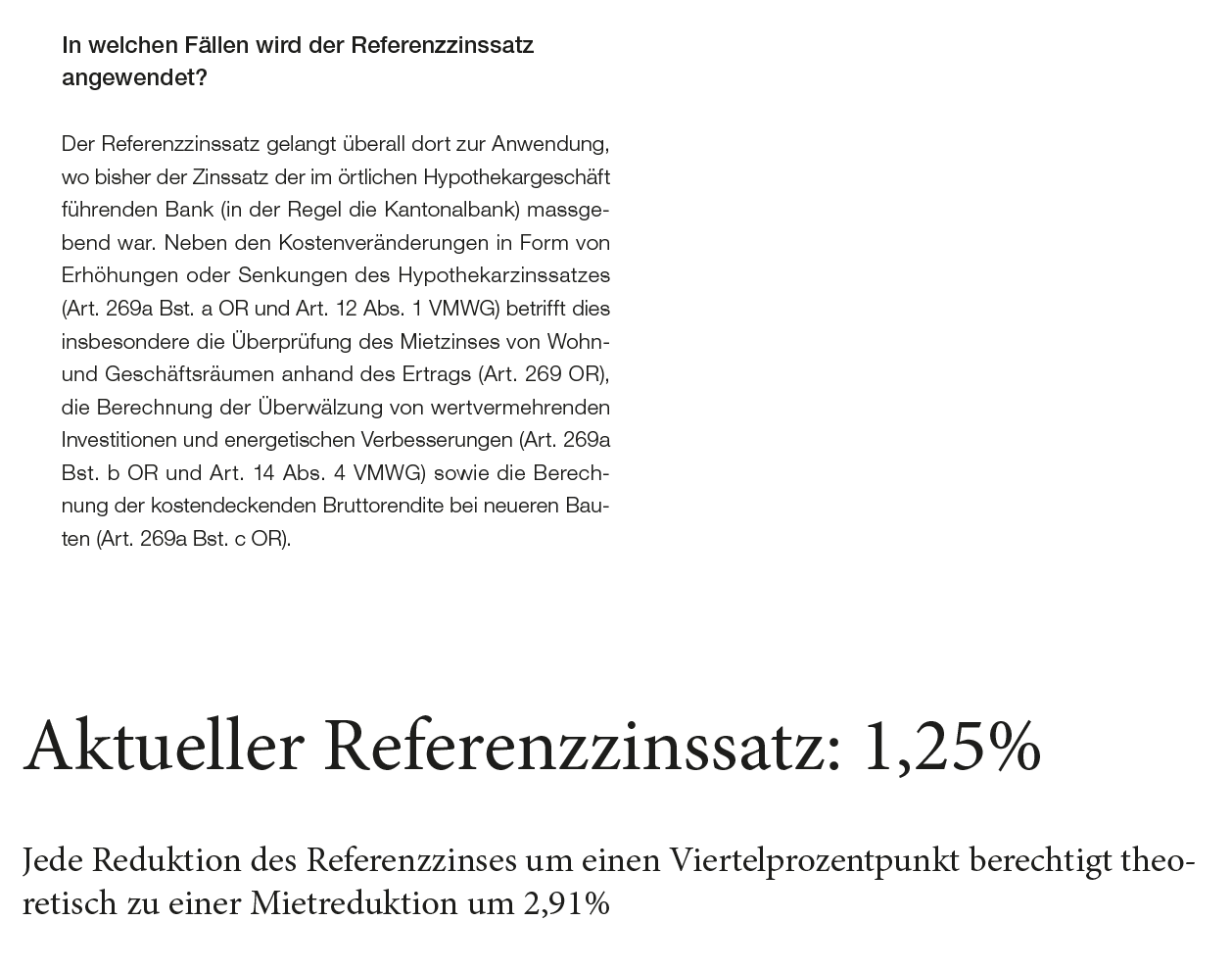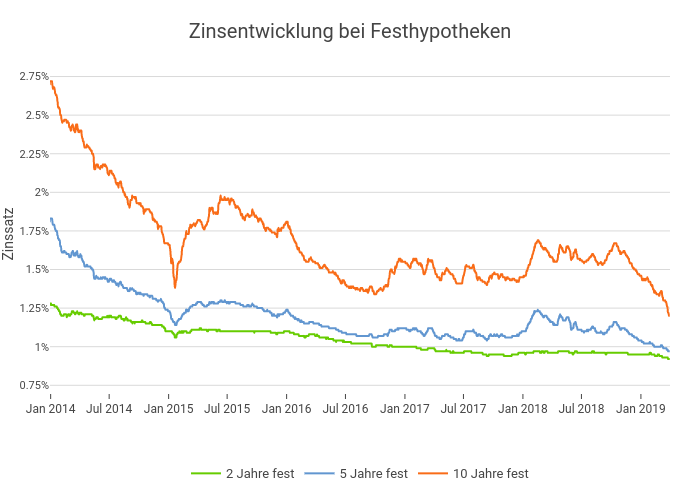ZWINGLI AND THE BALANCE BETWEEN INDIVIDUAL PROFIT AND COMMUNAL VALUES
The protestant ethics is seen by Max Weber in his book “The protestant Ethic and the Spirit of Capitalism” as the ideal basis for the development of capitalism and modern rationalism. Protestantism redefined the purpose of life. A shift from a focus on the afterworld to the here and now, the daily services towards god and the fulfilment of everyday responsibilities. Work became a way of asceticism, a way to fight against the human desires. Don’t sleep too long. Don’t waste your time. Don’t talk rubbish. Work. Work. Work. Through that shift wealth was not seen as something sinful anymore, as long as you didn’t boast with it, as long as you reinvested your money and let it work as well.
The reformation in Zurich was led by Huldrych Zwingli, who came from a humanist background and who was preaching close to the people in swiss-german language. In contrast to Luther, Zwingli and also Calvin were much more concerned about the community. They saw man as social beings and the main concern was a reformation out of the community. As a consequence they did not differentiate between the clerical and earthly power, the church was considered as the supreme authority. Hereby the control of the protestant church over the public and private life got quite strong in areas that were reformed by Zwingli. Today this influence is often seen negatively as prude, serious and tense. But Zwingli can also be seen as the founder of todays welfare state. He was engaging for a social and economic policy, to abolish inequalities in society.
This combination of a valuation of the individuals work and the importance of the community are in my view still clearly visible in Swiss decision making, even though the religious roots almost disappeared. Switzerland is oscillating in many ways between maximising the financial profits and heavy legislative control to maximise communal goals. A struggle that seems to continue since the times of Huldrych Zwingli and has different influences on transformation depending which side is getting stronger.
If we look at the real estate sector the Lex Koller is an interesting case that shows this balance between reaching communal goals of the country within a global capitalism. Since the break down of the Bretton-Woods system in 1973 Switzerland and the Schweizer Franken came into the focus of global investment. But Switzerland never completely dived into the system of global capitalism. Saving the homes of the people was seen as a main concern of the State. The Lex Koller, a law originating from 1983 is still today preventing Foreigners from buying housing properties in Switzerland. According to the Swiss Civil Code about place of origin and domicile only people who have the focus of their private life in Switzerland are allowed to buy housing property. The law is preventing successfully that housing property is only bought as financial investment by rich foreigners and hereby making the scarce living space even more expensive.
If we go a level further down to the rent prices we can once again see similar legislation that is preventing the owners of real estate to decide freely on the rent of their properties. The Swiss Tenancy Law states the maximum rate of return allowed lies 0.5% over the current reference interest rate. This means that in times of low mortgage interest rates as today the tenants can officially ask for lower rents even in a context as Zurich, where there is an immense demand for housing.
This state control of the real estate market has a relevant influence on the transformation of Switzerlands building stock. The Lex Koller for example is probably preventing a high turn around of the building stock for housing, and hereby is probably also preventing excessive demolition of the building stock. The Swiss tenancy law on the other hand is leading at the moment to more demolition, since the yield rates can be considerably increased if a new building is rented.
So laws that might have even been created out of similar ideological reasons can lead today to completely contrary effects.

MAX WEBER: The Protestant Ethics and the spirit of capitalism, 1904

HULDRYCH ZWINGLI: Portrait by Hans Asper, 1549

LEX KOLLER: Operative since 1. January 1985

RICHARD NIXON: The break down of the Bretton Woods sytem, 1973

CAPITAL: The Swiss Franc

SWISS CIVIL CODE: Place of origin and domicile

THE CODE OF OBLIGATIONS: The Swiss Tenancy Law

THE REFERENCE INTEREST RATE

THE MORTGAGE INTEREST RATE








